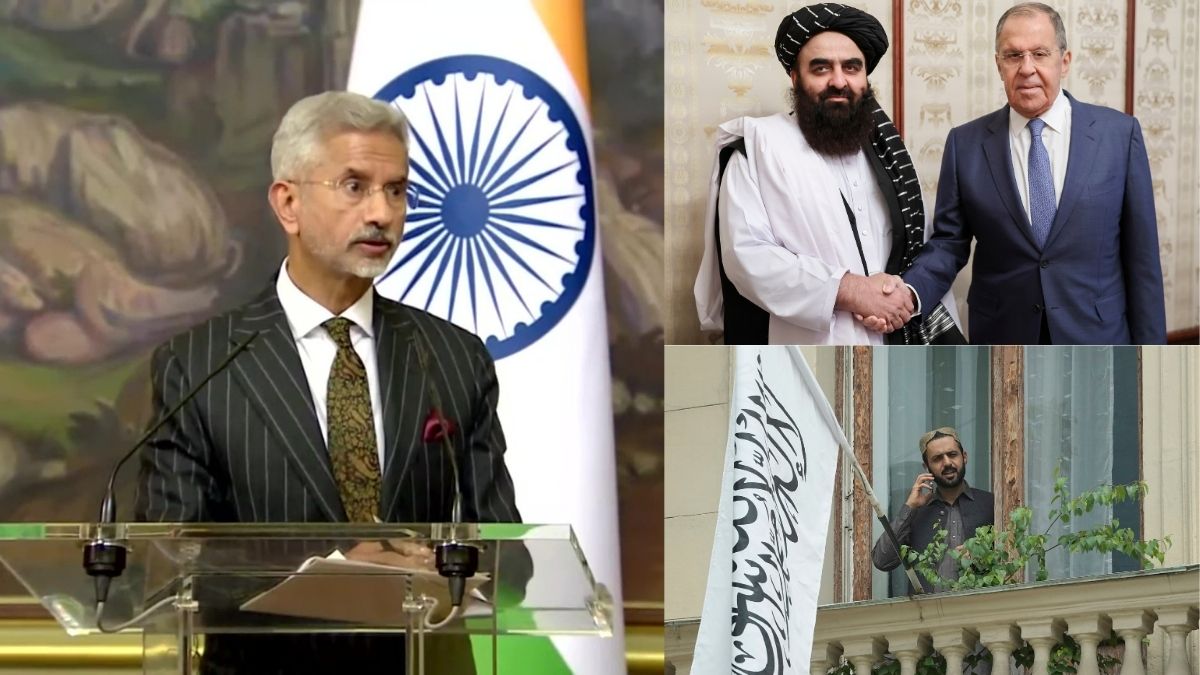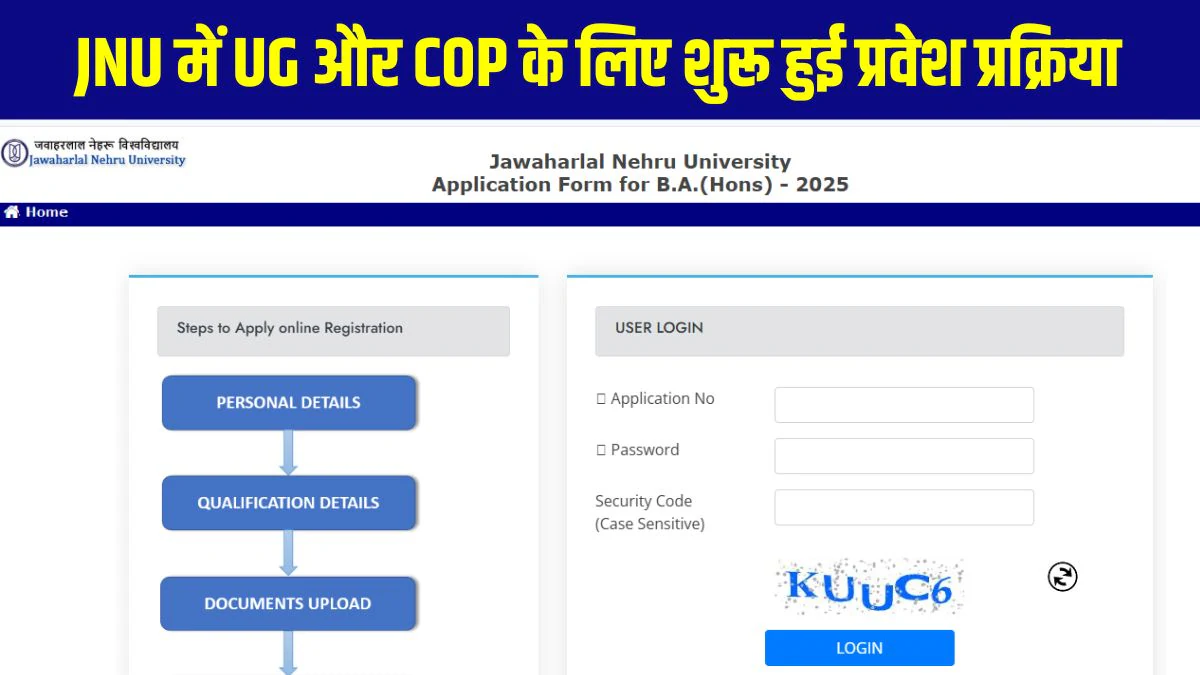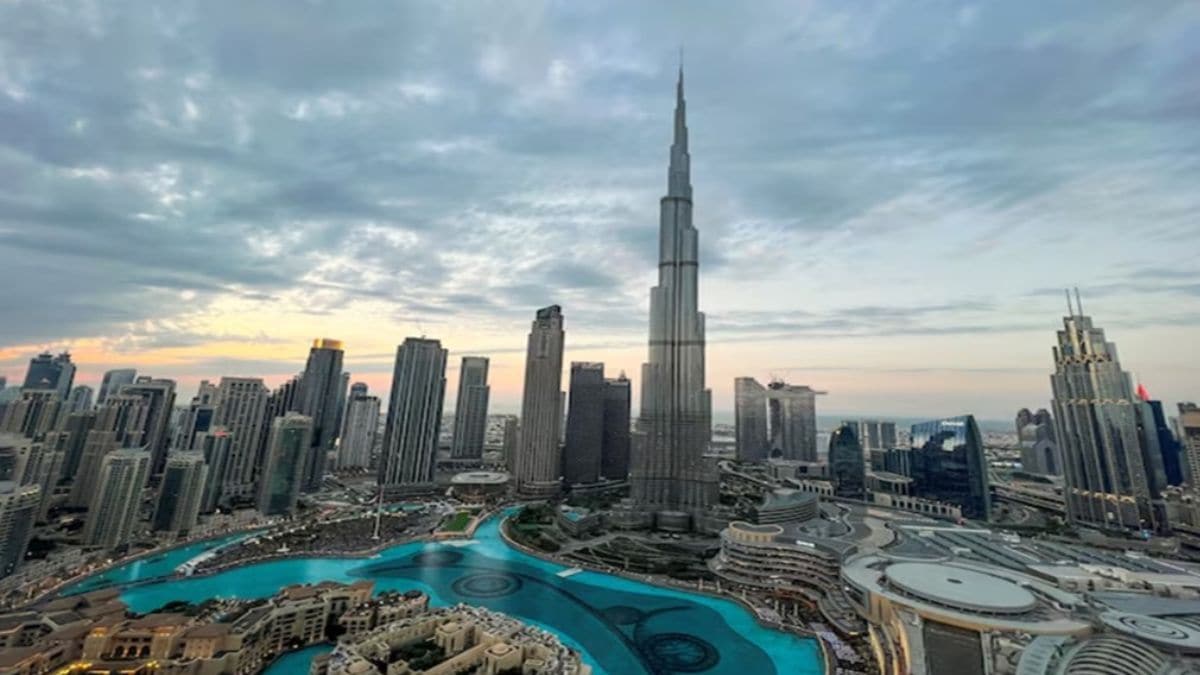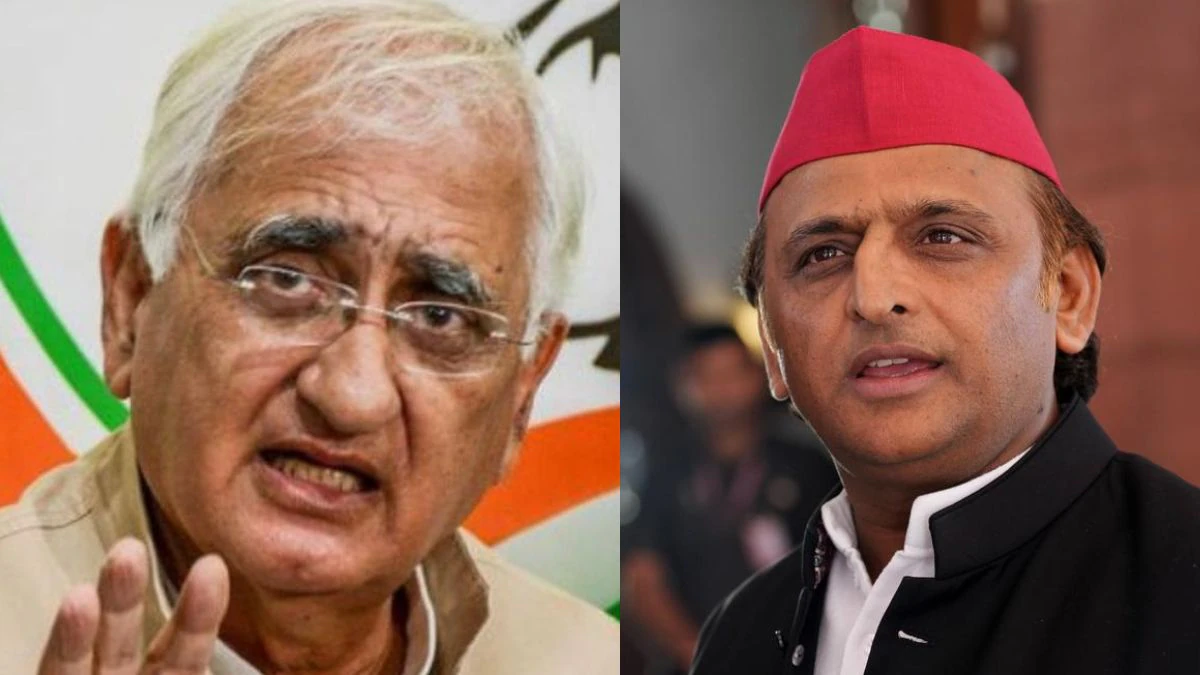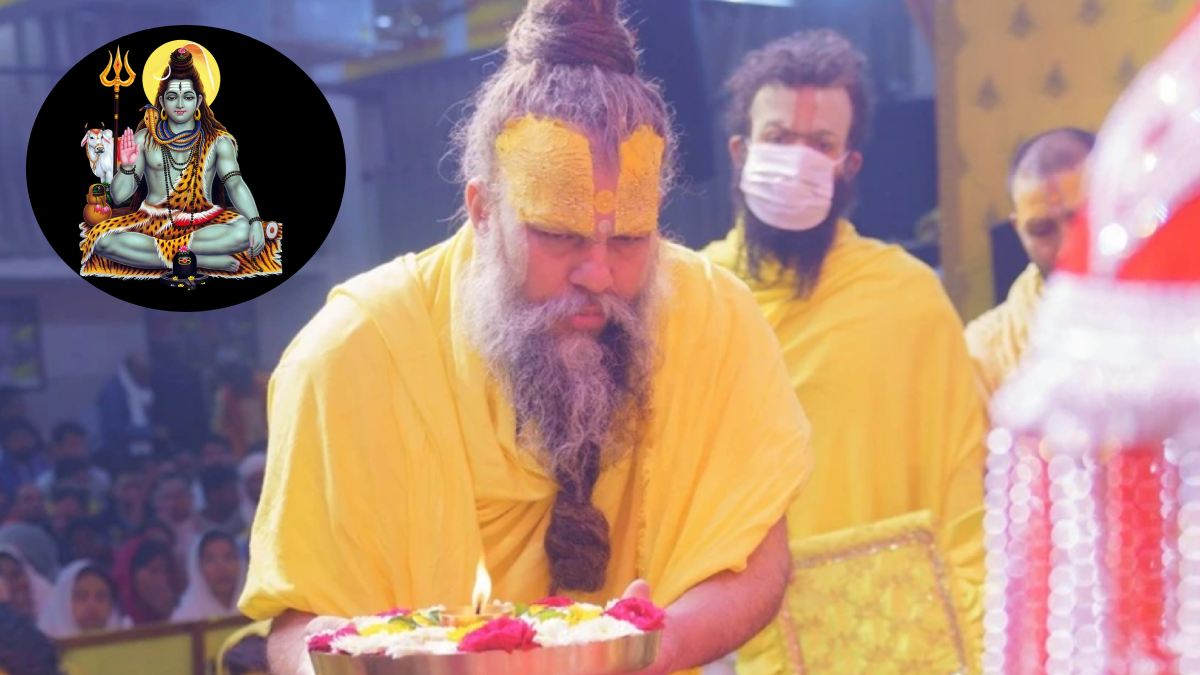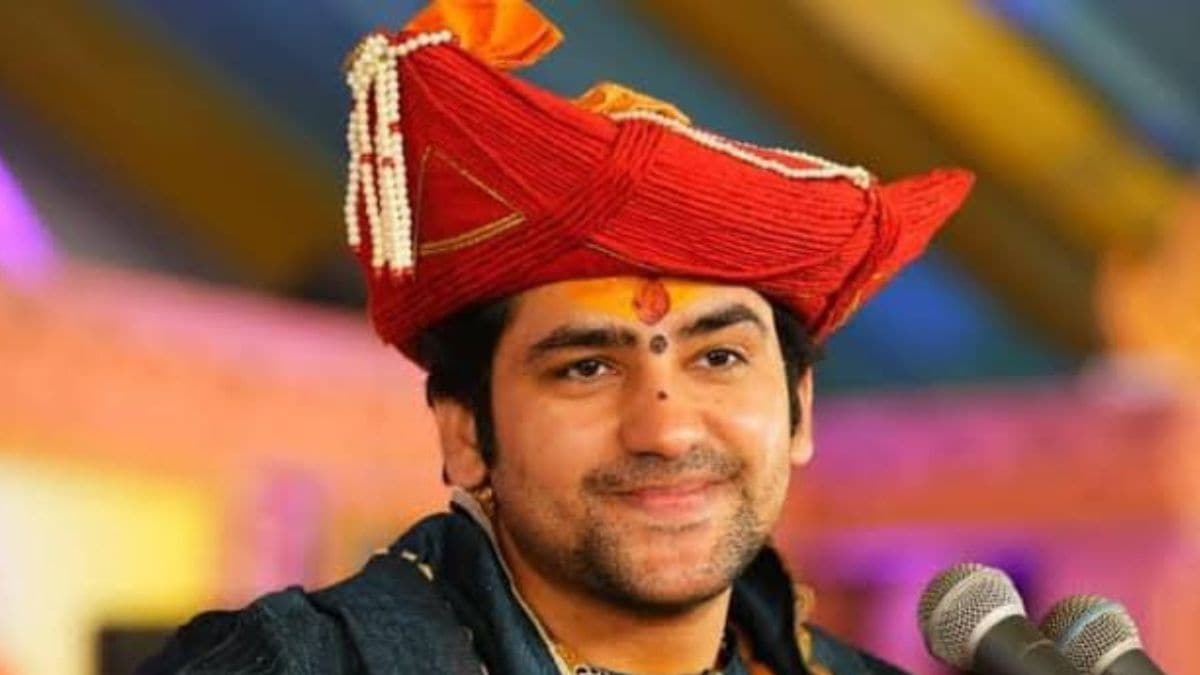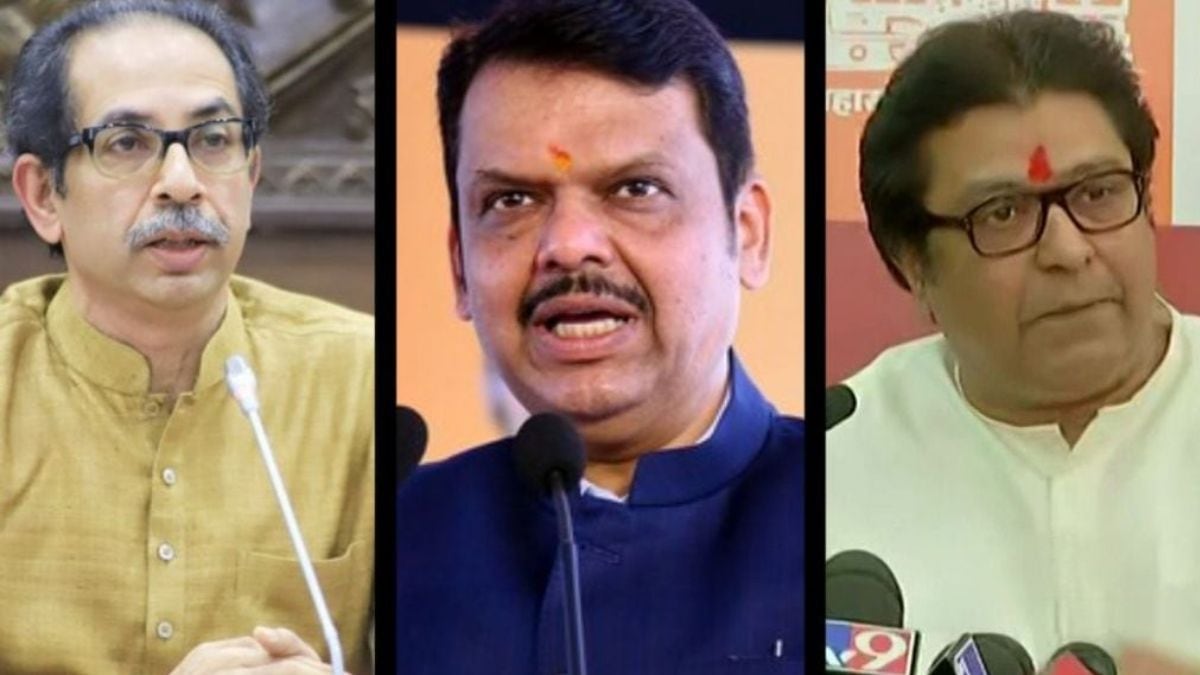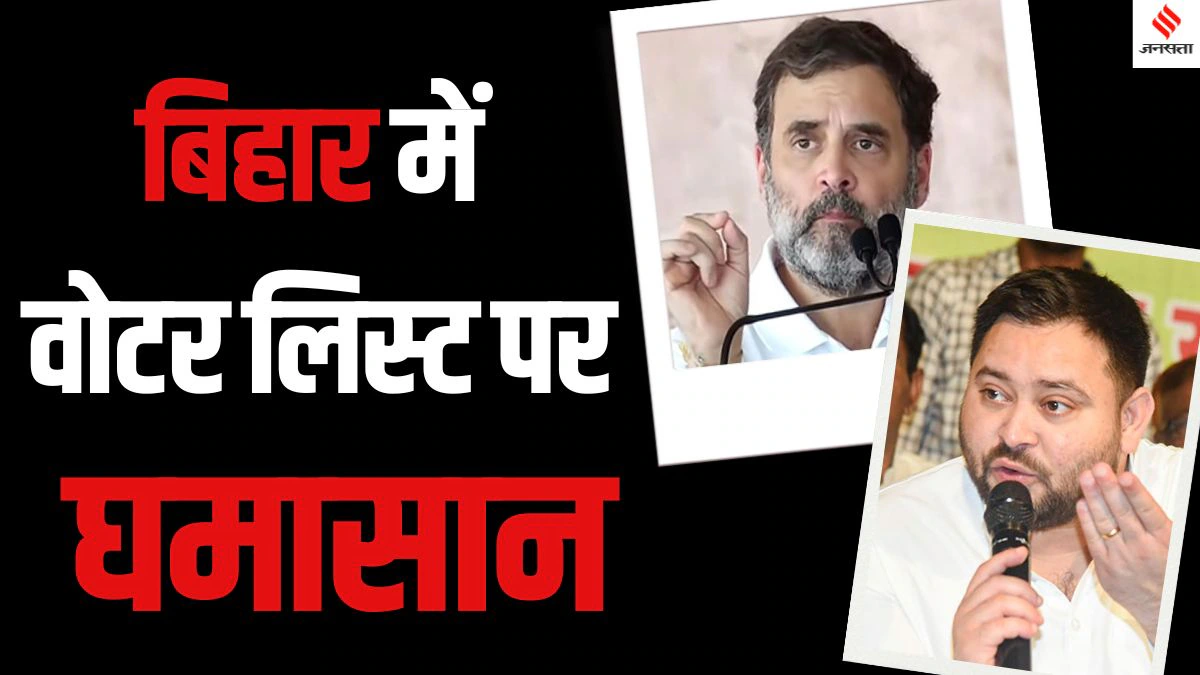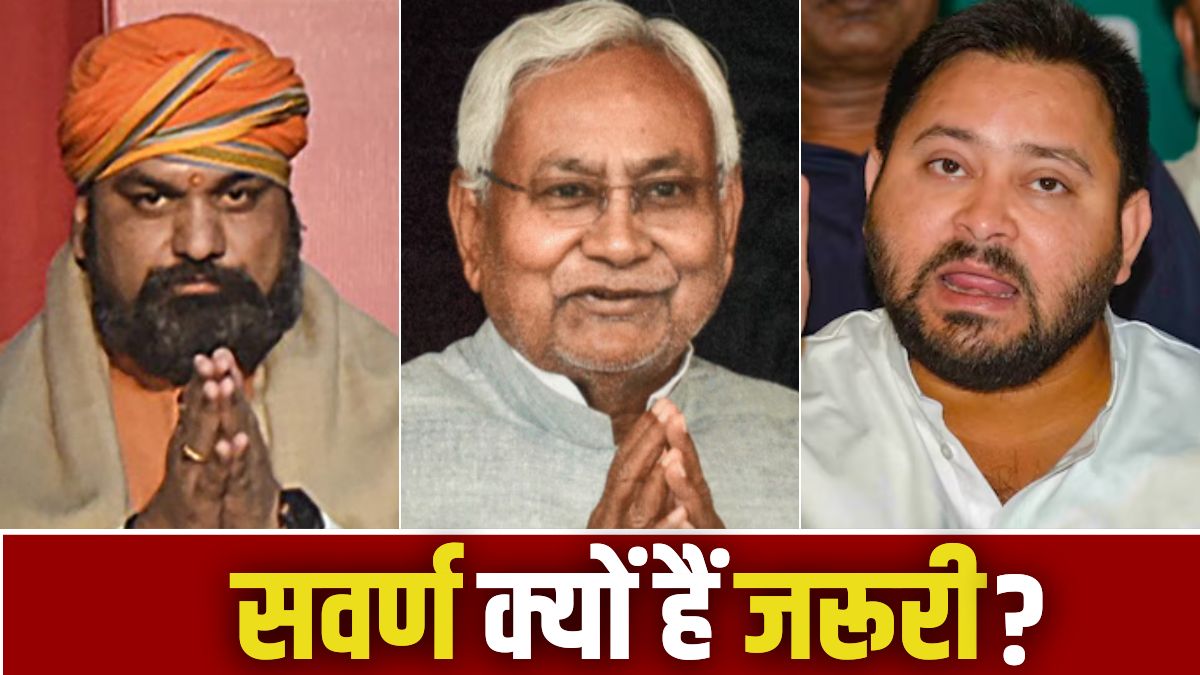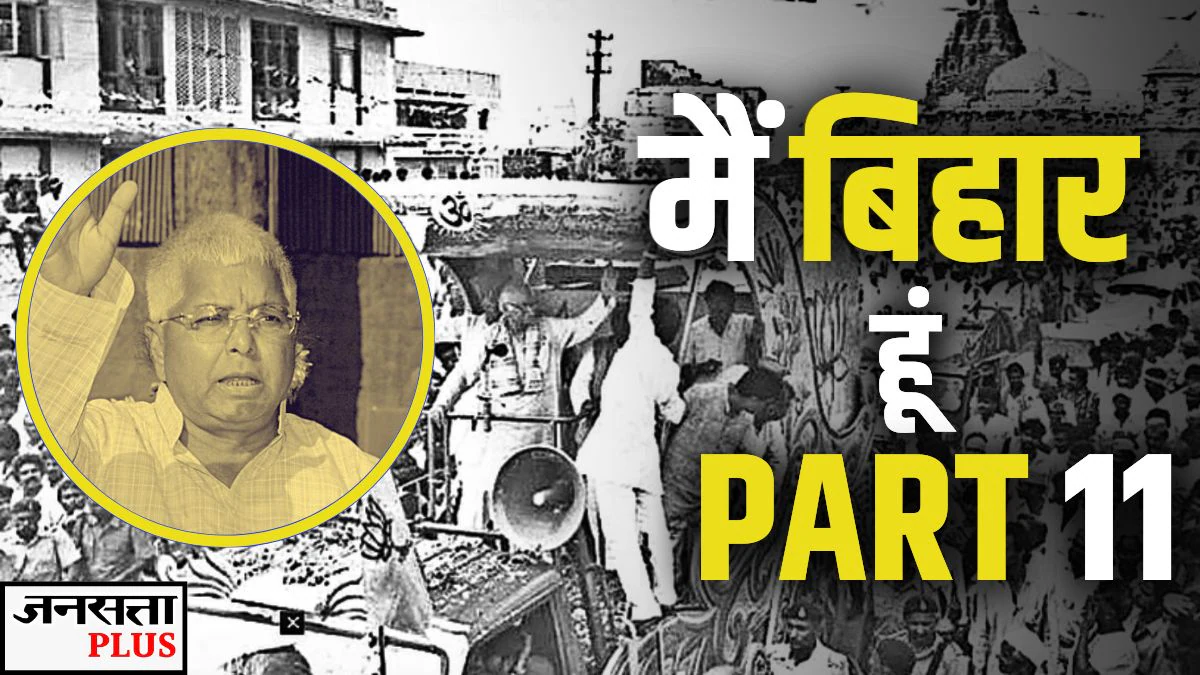Dr R Chidambaram, former head of the Atomic Energy Commission and one of the architects of India’s nuclear programme, died Saturday morning in a Mumbai hospital. He was 88, and was ailing for some time.
Chidambaram was one of the few scientists who played a key role in both of India’s nuclear tests — in 1974 and as well as in 1998. He was also very closely involved in the finalisation of the civil nuclear agreement with the US that ended India’s isolation in the international nuclear community.
In a message on social media platform X, Prime Minister Narendra Modi said, “Deeply saddened by the demise of Dr Rajagopala Chidambaram. He was one of the key architects of India’s nuclear programme and made ground-breaking contributions in strengthening India’s scientific and strategic capabilities. He will be remembered with gratitude by the whole nation and his efforts will inspire generations to come.”
Born in Chennai, Chidambaram joined the Bhabha Atomic Research Centre (BARC) in 1962 after obtaining a PhD from the Indian Institute of Science, Bangalore. He played a leading role in the design and execution of the 1974 tests.
Chidambaram rose to become the director of BARC in 1990 and then chairman of the Atomic Energy Commission in 1993, a post he held till 2000, during which time India conducted its second nuclear test in 1998.
Soon after his retirement from the Atomic Energy Commission, Chidambaram succeeded Dr A P J Abdul Kalam as the principal scientific advisor (PSA), a post created in 1999 in the aftermath of the 1998 tests. He held this position for more than 17 years, mainly engaged in behind-the-scenes management of the fallout of the nuclear tests, and negotiations that facilitated special waivers for India in international nuclear commerce.
Shekhar Mande, former director general of the Council for Scientific and Industrial Research (CSIR), remembered Chidambaram as an epitome of simplicity and an extremely down-to-earth person. “He rose through the ranks yet remained simple and grounded,” Mande said. While serving as the PSA, Chidambaram was once denied a visa to travel for a conference on crystallography in the US. “But he chose not to make an issue out of it, that was his simplicity.”
He was one of the main contributors to steering India’s nuclear programme even when advanced countries were not in favour of India’s progress in strengthening its nuclear powers. Scientists said that despite facing tough and challenging situations internationally after the nuclear tests in Pokhran, Chidambaram’s scientific diplomacy ensured that India did not suffer.
Every mega science project India has undertaken has Chidambaram’s invaluable contribution – be it the National Supercomputing Mission or the latest mission of Quantum Technology, his interest and understanding of science was deep. Another project which he saw through during his tenure as the PSA, was the Laser Interferometer Gravitational Wave Observatory (LIGO) India. The Union Cabinet gave in-principle approval for it in 2016 and full approval in April 2023.
Tarun Souradeep, former LIGO India spokesperson (science), who worked closely with the PSA’s office when LIGO India was in the proposal stage, recalled the invaluable guidance the project had received.
Soon after receiving in-principle approval, the LIGO India team had called on Prime Minister Narendra Modi. “Prior to the meeting, Dr Chidambaram met us at the guest house. He guided in finalising the final presentation and accompanied us throughout the meeting. He belonged to a generation of scientists who favoured mega science projects in India,” said Souradeep, who is at present the director of the Raman Research Institute.
In Chidambaram’s passing, he has lost an old-time associate and great friend of science, said R A Mashelkar, eminent scientist and former director general of CSIR. “He made significant contributions to India’s nuclear programme. He believed in promoting science and its applications. Chidambaram’s efforts in forging relations between academia and industry were immense,” said Mashelkar.
An alumnus of Presidency College, Chennai and Indian Institute of Science, Bangalore, Dr Chidambaram’s research spanned high-pressure physics and materials science. His was pioneering work in these areas that later laid the foundation for modern materials science research in the country.
On his scientific contributions, Ajit Kumar Mohanty, secretary, Department Of Atomic Energy (DAE) said, “Dr Chidambaram was a doyen of science and technology, whose contributions furthered India’s nuclear prowess and strategic self-reliance. His loss is an irreparable one for the scientific community and the nation.”
Dr Chidambaram was conferred with Padma Shri in 1975 and the Padma Vibhushan in 1999.
Stay informed with access to our award-winning journalism.
Avoid misinformation with trusted, accurate reporting.
Make smarter decisions with insights that matter.



